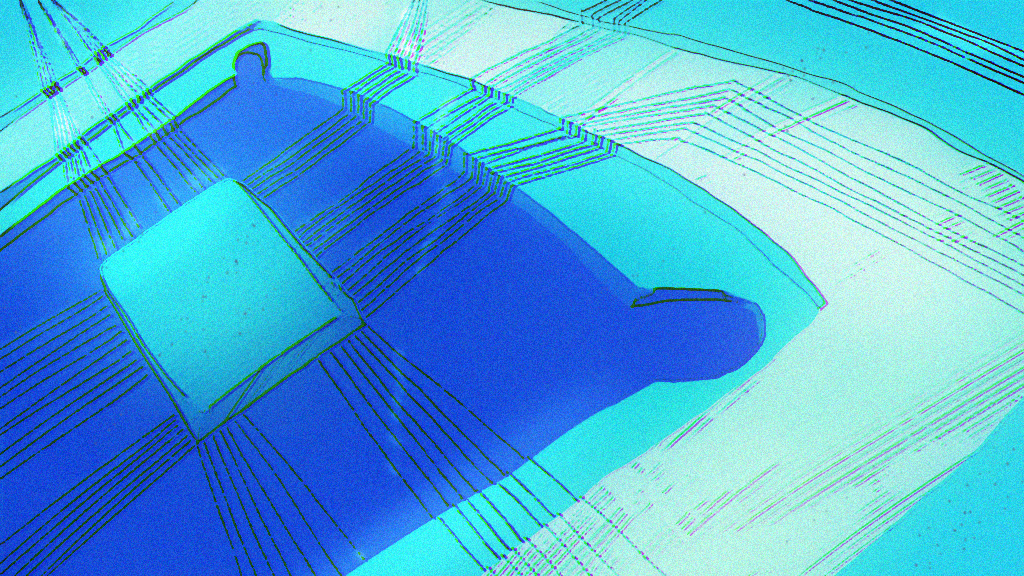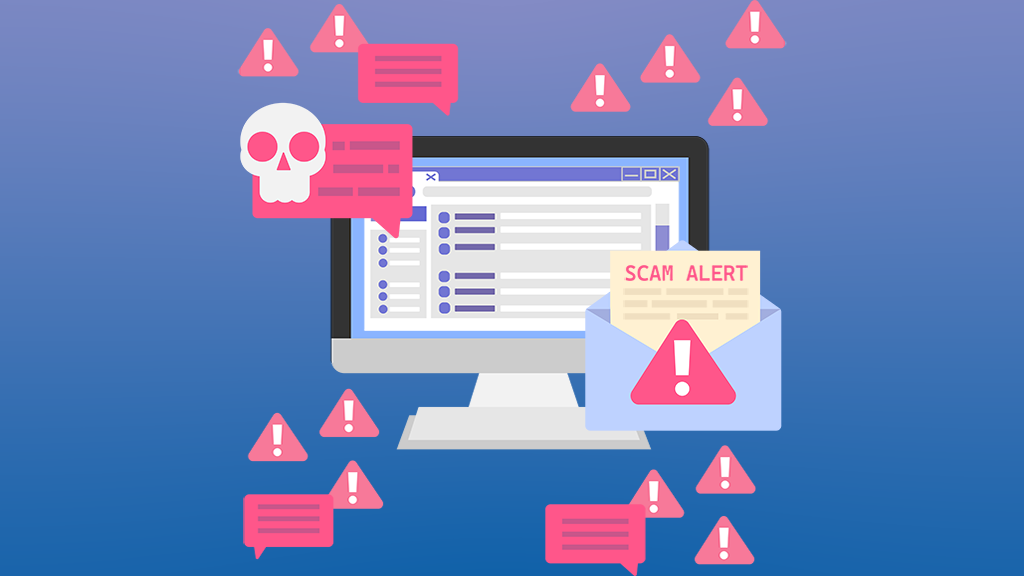In the 1960s when computers were in their infancy, they would take up whole rooms. Often, these computers required teams of trained specialists to operate them. Today, we have devices far more powerful in our pockets. Quantum computing is the next stage in the evolution of computing, yet it’s currently in the phase classical computing was then. Whether or not ubiquity on par with that of classical computers can be reached within a reasonable time frame remains to be seen. Should such ubiquity arrive, it will change the face of computation and cryptography forever.
Computers work by encoding information in binary data, ones and zeroes. Similarly, quantum computing works by replacing the classical bit system of binary with a system of quantum bits. A quantum bit can be composed of any quantum system that has two states, like binary for example, and these two states can then be used to represent ones and zeros. This system is also known as qubits.
“What makes any computer faster or more powerful is parallelism,” said Mishkat Bhattacharya, a professor of physics at RIT who specializes in quantum mechanics. “What quantum mechanics does is it offers you this parallelism already, coded into the laws of physics.”
There’s also the ability for a quantum computing device to be produced small enough to be usable for everyday applications, a capability otherwise known as scalability. Currently, the chief engineering issues with quantum computing are the stability of the quantum system. Should the quantum system be unstable, it will collapse from superposition and into a standard set of ones and zeros, leaving a less powerful classical computer.
“The analogy that I sometimes use is this would be kinda like if every time you had to work on your computer, and if something went wrong you had to shine a flashlight on the inside of the computer and it turned it into an abacus,” said T.J. Borrelli, a senior lecturer in RIT’s computer science program with a background in physics.
Currently the most stable quantum computers are ionic quantum computers, which are being utilized to solve difficult problems in physics. However, these machines are unwieldy, despite their functionality.
“Ions can be trapped, and people have started companies that are building ionic quantum computers with up to 60 qubits,” said Bhattacharya. “It takes a big room full of millions dollars of equipment, and 10 to 20 people to babysit these qubits, these ionic qubits, and then maybe you can get the thing to perform a quantum computation. But it’s very clean, it’s very reproducible, it’s very controllable.”
There also exist superconductor quantum computing systems. Superconductors are materials with zero electrical resistance. These superconductor systems can then be scaled down and put into devices the size of a cell phone. However, this technology currently has issues with interference — although there are some potential ways to remedy this issue.
“It turns out you can convert a microwave signal to an optical signal which you can then put in a fibre by using a mechanical device,” said Bhattacharya. “Now, the important thing is in a quantum computer, and for quantum communication, the conversion has to be coherent — that’s the magic word — in fact it has to be quantum-coherent. Which means all the information that’s coming out of your superconducting circuit has to be transferred to your optical fibre without any degradation.”
Though we are seeing these regular advancements, progress in quantum computing has remained slow since its birth in the 80s. We have yet to see the exponential progress classical computing had. It’s doubtful we’ll see consumer-end quantum computers anytime soon.
Quantum Computing Progress
“I do not see quantum computers getting into our laptops and desktops in our lifetimes,” said Jeremy Brown, a computer science lecturer at RIT, specializing in parallel systems. “I would love to be wrong about this, I would love to see a quantum computing laptop sitting on my desk in 20 years, but I just don’t see it happening.”
Just because we have yet to see quantum computing laptops doesn’t mean quantum computing isn’t being utilized. Even though quantum computing is still in its infancy, there is still much to be gleaned from it. Numerous quantum algorithms are being created, and some have been developed even as far as 1966, such as Shor’s algorithm..
Should quantum computing ever arrive in full force, it will have sweeping implications for cryptography, both in breaking previously existing algorithms, and allowing the utilization of new ones —alhough it should be said some of the claims about quantum computing completely breaking all encryption are overblown, as there already exist algorithms that are quantum resistant, such as the 256 bit Advanced Encryption Standard (AES-256).
“There are some algorithms like AES … has a version that’s extra strength, so the basic one is 128 bits, then there’s a medium range, then there’s extra strength which is 256 bits, even in the presence of quantum computing that seems to be unreachable, for at least right, right now,” said Borrelli.
More quantum resistant, or post quantum cryptography (PQC) algorithms, are being developed as part an initiative by the National Institute of Standards and Technology (NIST). The initiative to develop a PCQ standard is taking the form of a contest.
“And there is lots of activity in this competition,” said Dr. Stanislaw Radziszowski, a professor of computer science at RIT, specializing in cryptography.
Though the encryption-breaking capabilities do not currently live up to the hype, it is understandable that governments would prefer to be on the safe side should that change. It is for this reason the U.S. government is also making considerable investment into quantum computing research, along with general quantum research in the form of the National Quantum Initiative.
Whatever the motivation, quantum computing is making progress. Just recently, on Oct. 19, 2018, Bravyi, Gosset and König published a paper claiming to have conclusively proven quantum computing’s superiority over classical computing. Quantum computing still has a long way to go before we see it in daily application, but when it does come it certainly be be paradigm shifting.







